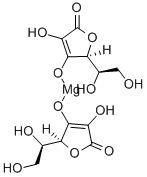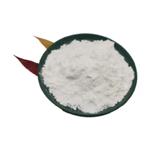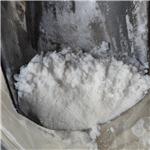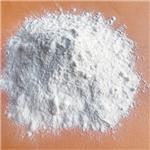Biological Activity
L-Ascorbic acid (Vitamin C) exhibits anti-oxidant properties in both plants and animals. In plants, it facilitates various cellular processes such as growth, programmed cell death, pathogen responses, hormone responses, flowering and senescence, as well as protection against environmental stresses. Ascorbic acid acts as a reducing agent in various enzymatic reactions to reduce oxidative stress. L-Ascorbate has an ability to inhibit bacterial mutagenesis induced by N-nitroso compounds. Vitamin C deficiency leads to scurvy, prominent-gingivitis, perifollicular hemorrhages, poor wound healing, petechiae and ecchymosis.



